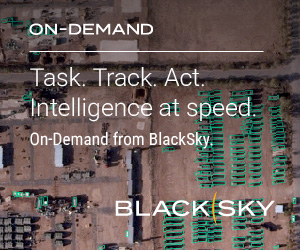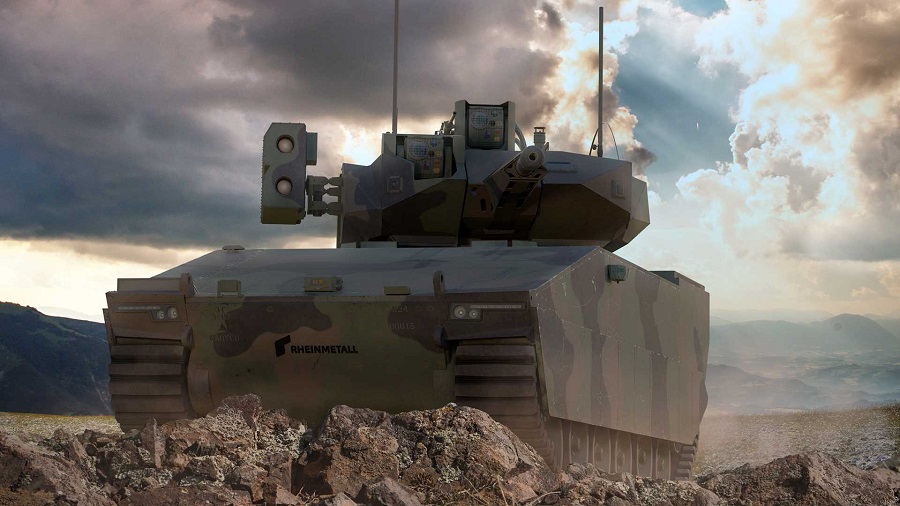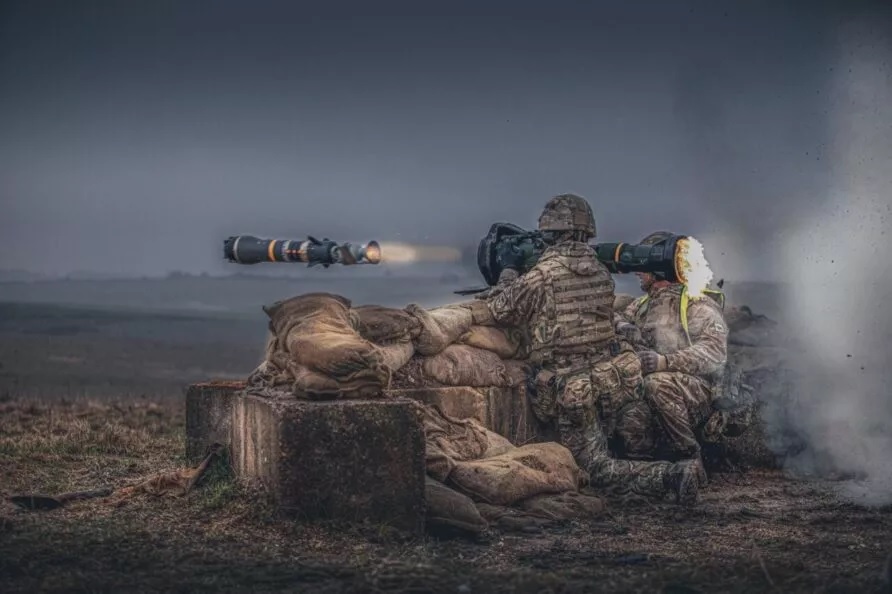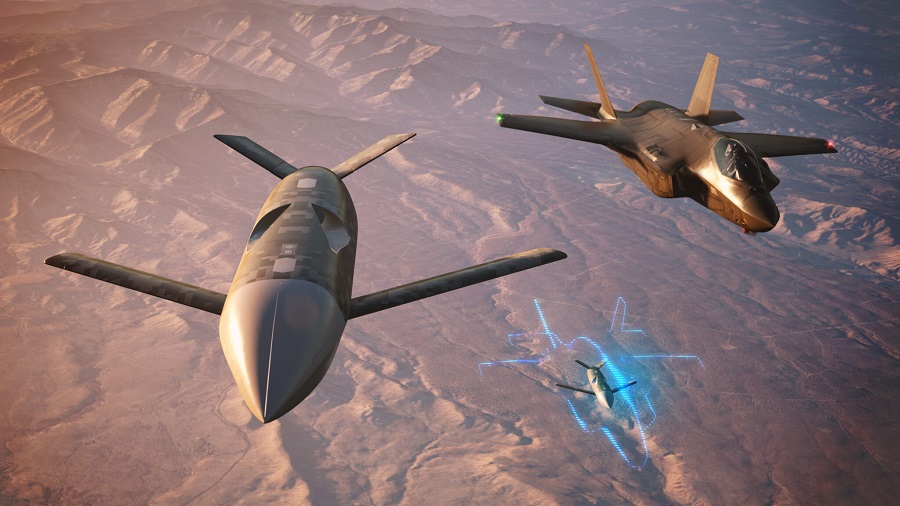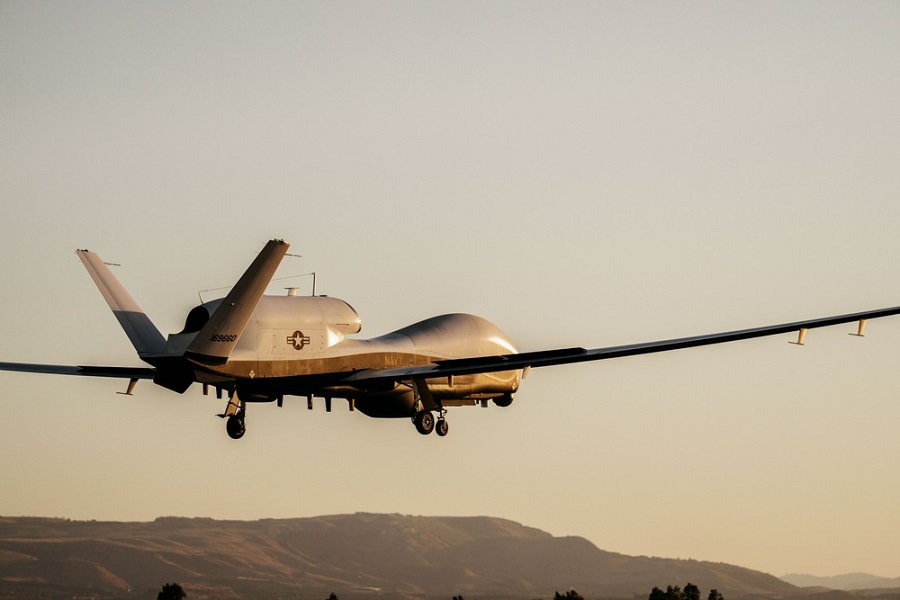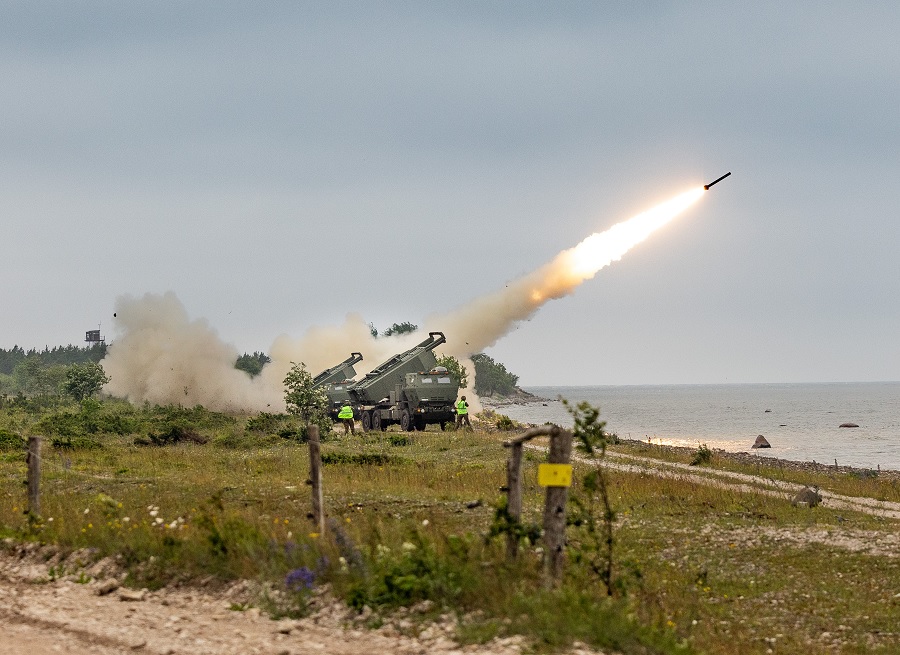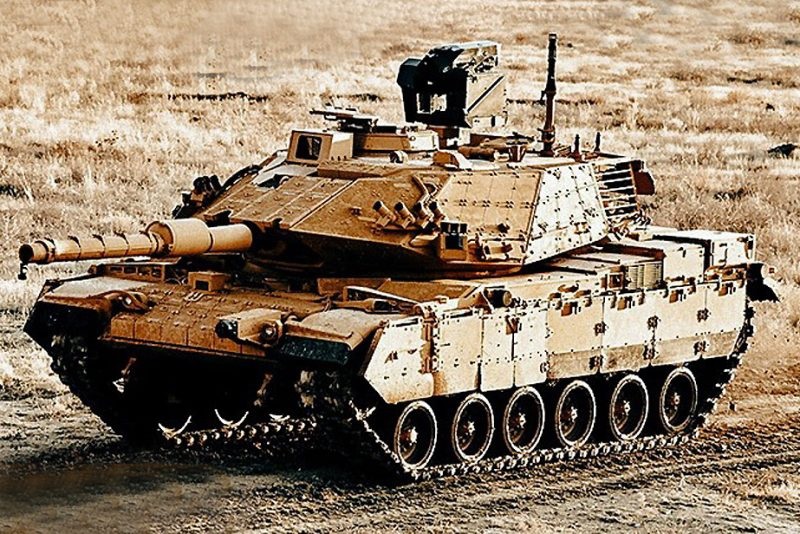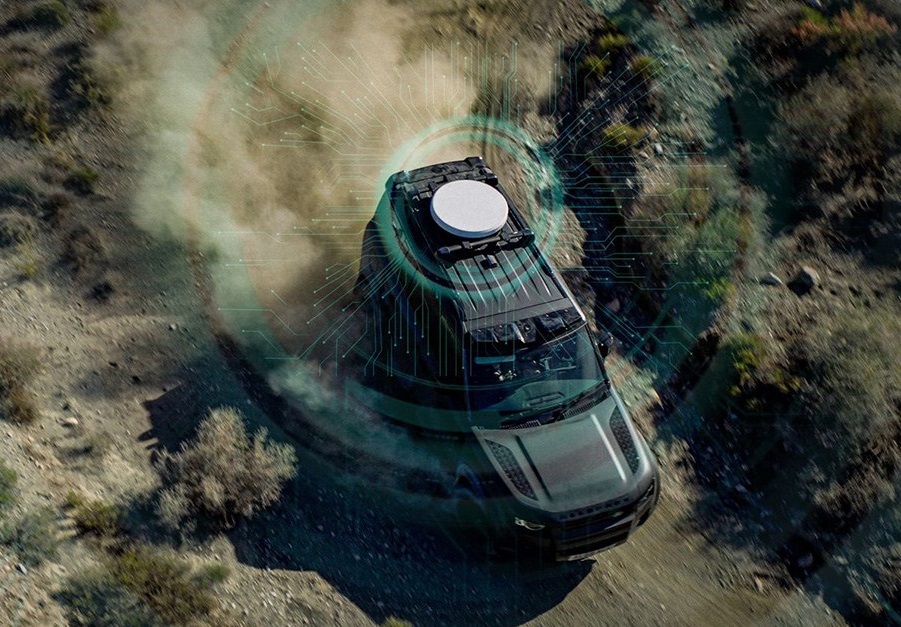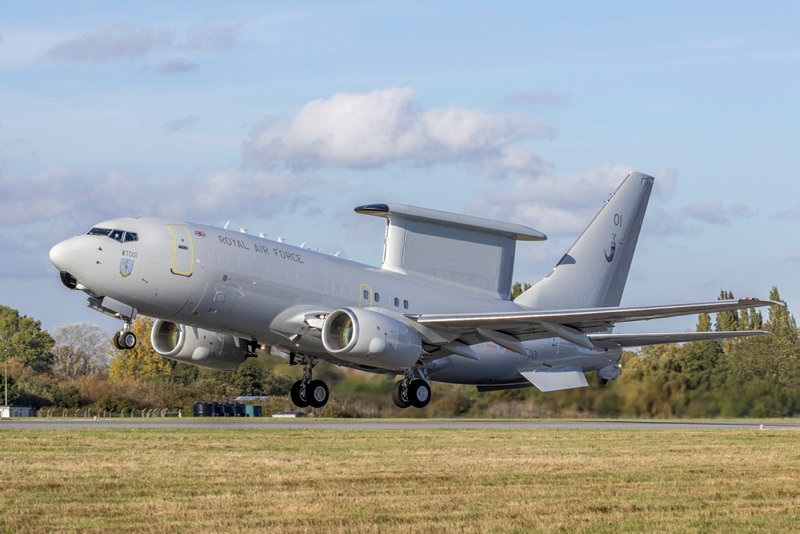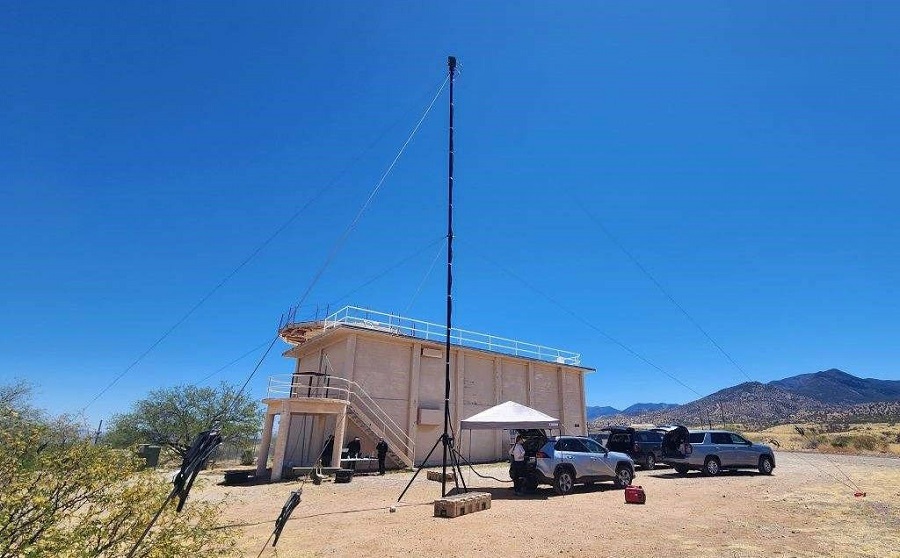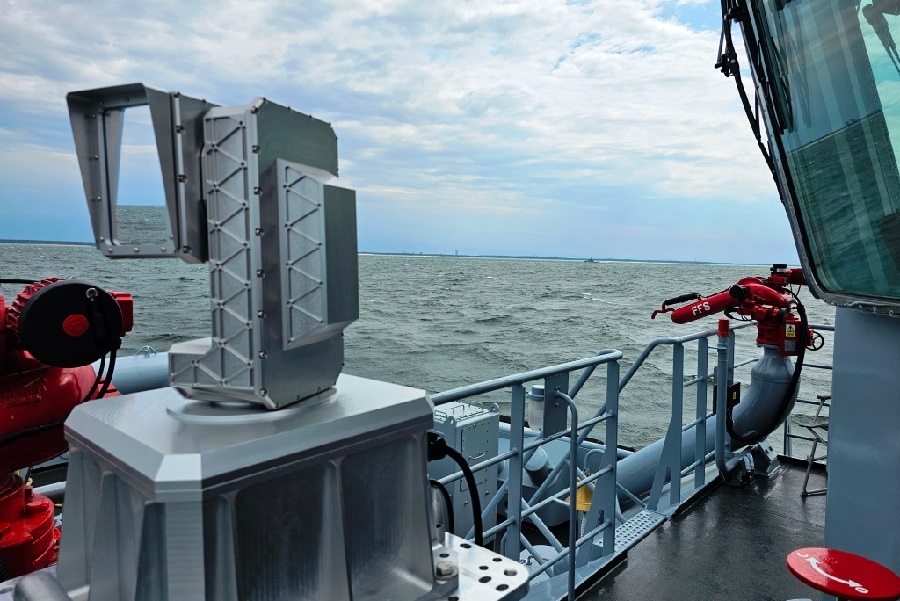In response to the growing threat of drone warfare, the XM30 Advanced Capabilities team is working on an AI Target Detection and Recognition (AiTDR) system to protect soldiers aboard the vehicle. To support this, the Army’s Project Linchpin, in collaboration with the Army Research Lab (ARL), will use synthetic data generated by Falcon’s virtual sensors.
This partnership enables the development and refinement of the AiTDR model before the physical system is operational. The use of digital twin simulation at the project’s outset is expected to reduce both development timelines and overall field deployment costs.
Using Falcon, the Army team will be able to generate diverse, high-quality training datasets, evaluate sensor configurations, and test AI models in realistic simulated scenarios. This approach continues the programme’s strategy of involving innovative industry partners beyond traditional U.S. defence contractors.
“Accomplishing these critical early steps with digital twins is vital for a viable future of field-deployable AI systems,” said Michael Taylor, Duality AI’s co-founder and Chief Product Officer. “Falcon’s complete control over simulation environments gives the Army ability to train and test the AiTDR model in complex conditions, explore varied drone detection scenarios, and validate potential solutions in simulation before the physical hardware is even ready for field testing.”
The AiTDR system requires extreme accuracy and reliability due to its mission-critical role in safeguarding lives. Training such a system demands extensive, high-quality data that would be difficult or impossible to collect in real-world conditions.
Duality’s expertise, including its involvement in the DARPA RACER challenge, demonstrates that synthetic data from digital twins can meet or exceed the performance of real-world data. Customers across sectors have shown that digital twin simulations are both faster and more cost-effective to produce.
Using Falcon, the ARL team can simulate any drone, environment, or visual condition to generate data through Falcon’s suite of virtual sensors. The initial phase will produce an AI model integrated with Falcon’s simulator, followed by ongoing refinement of both the model and the simulation environment with support from Duality’s engineering team.
Later phases of the project will explore wider applications of Falcon’s digital twin simulation to support the Army’s broader AI and machine learning training data needs. “We are thrilled to work with the Project Linchpin and ARL teams to push the possibilities of AI defense systems for the U.S. Army,” said Apurva Shah, Duality CEO and co-founder.
“The XM30 digital-first approach to AI model deployment is farsighted and precisely the type of system development approach for which Falcon’s digital twin workflows have been designed,” Shah added. “The XM30 programme is transforming how tomorrow’s military technology is developed and we’re honoured that Falcon is contributing to that future.”

